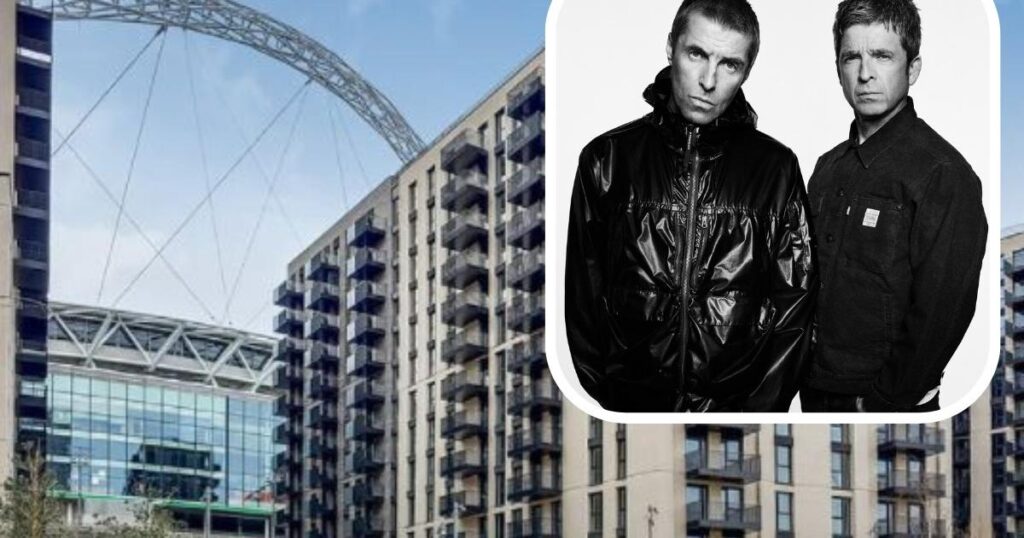Last year, nearly three million people attended events at Wembley Stadium and the council claims the levy will “unlock a vital new source of funding” to tackle challenges caused by its success as a “world class cultural destination”.
With acts including Oasis and Coldplay set to perform at the stadium this summer, hotel occupancy will continue to be high.
Each non-sporting event at the stadium boosts the local economy by around £4.35 million – but results in noise, congestion, waste, and pressure on council services.
READ MORE:
At a meeting on July 7, a mandatory ‘visitor levy’ – a tax on overnight visitors in hotel and short-stay accommodation in the borough – was proposed by Cllr Mary Mitchell.
She said London boroughs should “follow the proven model” already introduced in cities across the UK and Europe.
She added: “The money raised from a visitor levy here could fund more street trees, better waste enforcement, enhanced cleaning, and improvements to our parks and green spaces – reflecting the true cost of tourism and making Brent cleaner, greener and more welcoming for all.”
Manchester’s £1 a night additional charge on hotel stays has raised £2.8 million in its first year, whilst Edinburgh’s 5 per cent add-on to accommodation fees introduced this month is projected to bring in around £50 million per year. Glasgow City Council has recently been granted powers to charge a visitor levy – on average £4.83 per night – which could generate an £16 million in additional income.
Cllr Mitchell said: “Importantly, studies show that levies do not reduce tourism and indeed when visitors to Manchester were asked in a referendum whether they would support a tourist tax, four in five voted in favour.”
Planning committee chair Cllr Matt Kelcher said the council needs to be “quite careful” that it is not set at an excessive level so it undoes the benefit, but that a “small amount” of £1 or £2 a night would not do that. He said it would be fair that the council “extracts some money from economic activity to improve the area” for the benefit of the wider community.
The motion received further support from the Labour cabinet, including the member for customer experience, resident support and culture, Cllr Promise Knight, who said the move would not be just about generating revenue but “could help fund initiatives that further strengthen our cultural identity”.
Cllr Neil Nerva, cabinet member for adult social care, public health and leisure, said the levy would enable all of Brent to benefit.
The Liberal Democrats broadly supported the motion, but party leader Cllr Paul Lorber called for more clarity around the size of the tax, as well as to “think about the impact on businesses”, which would face additional administrative costs, as well as making sure the council gets “100 per cent of it” and the VAT is not kept by the Government.
However, the motion was not supported by the Conservative Group, which accused the council of “falling into the trap of chasing headlines”. Cllr Kanta Mistry said the party would not support “symbolic gestures that create uncertainty for visitors and put pressure on small businesses while avoiding the real challenge of delivering value for money”.
She added: “It’s not just about fans in luxury hotels, it’s about couples visiting families, NHS workers staying late after their shifts and small businesses already struggling with rising costs and staffing shortages.”
The council agreed to write to the relevant Secretary of State calling for powers to introduce the levy, as well as to the Mayor of London to support plans for a voluntary levy on stadium and arena tickets to fund grassroots cultural opportunities.




